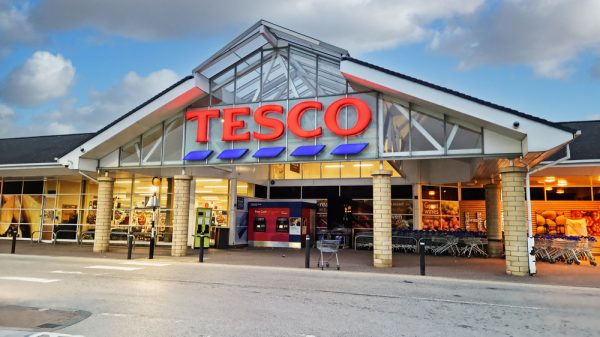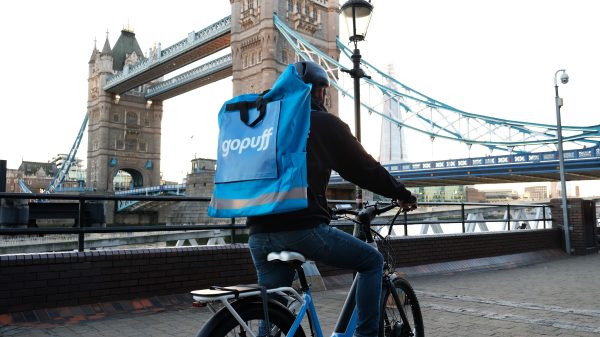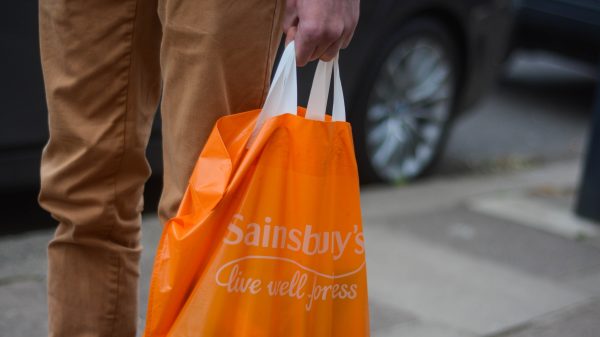Last summer, children on benefits-related free school meals lost out on 24 million meals due to the government scheme missing out on two weeks of support over the summer period.
As schools break over the summer, the cost-of-living crisis and the lack of social measures will continue to persist placing additional financial pressure on struggling families.
Grocery Gazette outlines how retailers are supporting children’s meals over the summer, as the government’s summer programme remains underfunded, prematurely cut off and unresponsive to rising food prices.
What are retailers offering this summer?
Asda Cafés are allowing kids to eat for £1 every day without the need to pay for an adult meal from the 25 July to the 4 Sept. Alternatively, for those spending at the café a free meal is allocated to a child if an accompanying adult spends £4.
Tesco on the other hand requires adults to spend £3.50 in their café for kids to eat for free. The deal is running until 1 September and applies to all cafes nationwide.
The deal covers the lunch Pick “N” Mix meal deal, and hot meal deal, alongside various breakfast options such as Little Eggs on toast.
Marks and Spencers is also offering its own variation with kids eating free when an adult speeds a minimum of £4. However, the offer only runs after 3 pm and ends on 3 September.
The higher-end retailer’s free meals include a main, a side and one kid’s drink as well as a piece of fruit which values at £3.95 in total.
Morrisons’ offers the most expensive deal with adults having to spend £4.50 in its café before kids are provided with a free meal. Similar to M&S the deal is only valid after 3 pm and the website doesn’t clarify how long the deal will run.
Additionally, only one free kids’ meal is provided per paid-for adult’s meal and the offer excludes all café specials.
READ MORE: Asda launches £1 Kids Eat initiative in England and Wales
The ‘one paying adult’ rule
However, all the deals except Asda’s require one paying adult which significantly limits the effect of kid’s meal offers.
Twitter users highlighted the drawbacks of the requirement stating: “many families would struggle to pay for even one adult meal. Asda seems to recognise this.”
“If any families do have a small amount to spend on a meal out, but not enough for the whole family this could help.”
The only drawback is the ‘one paying adult’ rule. Many families would struggle to pay for even one adult meal. Asda seems to recognise this. If any families do have a small amount to spend on a meal out, but not enough for the whole family this could help.
— Vivienne 💙🧡🌻 (@Vdweller) July 10, 2022
Another user chimed in saying that “most families can feed themselves at home for the amount of a ‘paying adult’ to eat out.”
The unaffordability of supermarket offers signifies a symptom of the larger issue of the affordability to survive.Truthfully, low-income families struggling amid a worsening cost of living crisis shouldn’t have to rely on the corporations that engineer ‘affordable’ designed to scrape in a profit.
Critiquing grocers like Tesco for its ‘one paying adult’ rule as its pre-tax profits tripled to £2.03 billion is a valid argument – but it fails to address to larger culprit at hand. While corporations hold the financial capacity to feed children over the summer weeks – it’s also not their social or fiscal responsibility to do so.
READ MORE: Tesco offers free breakfast to Armed Forces
How much support is the government offering?
Currently, the government offers the Holiday activities and food (HAF) programme for school-aged children from reception to year 11 who receive benefits-related free school meals.
Last year, the Opposition outlined that the government failed to provide up to 24 million meals over the summer holidays – warning that feeding hungry children “cannot be a part-time activity”.
In 2021 summer, the government only provided free meals for 16 out of the total 30 weekdays during the six-week summer break. As a result, children were left without food support for 14 weekdays.
Despite the previous summer’s controversy, the HAF programme in 2022 still only requires councils to provide a minimum of free meals over 16 weekdays instead of the full 30 days.
On top of this, in June 2022 the education secretary, and now newly appointed Chancellor, Nadhim Zawahi announced that funding for free school meals for all pupils in reception to year 2 would increase from £2.34 to £2.41 a meal.
However, the 7p increase which sits at 2.9% is significantly below the current levels of inflation with a CPI of 9.1%.
In response LACA, the body representing school food caterers revealed that food price increases of 20% which were likely to worsen would make the 2.9% funding increase “inadequate”.
READ MORE: Government food strategy is blasted by critics despite Johnson’s promise to ‘back farmers’
With an underfunded programme that doesn’t even stretch across the entire summer, retailers have had to fill the cracks with deals with varying degrees of affordability.
While Asda receives praise for its £1 kids meal and Morrisons receives criticism for its £4.50 paying adult rule – the reality is these holiday deals shouldn’t have to exist in the first place.
Instead of offering universal free school meals which research shows would reduce stigma and therefore boost take-up among families who need them most – the Department of Education has opted for a ‘part-time’ minimalistic scheme.
The reality is for the 14 summer weekdays that the government has stripped support for, families will have to be relying on spaces like Asda cafes to feed their children this summer.
Click here to sign up to Grocery Gazette’s free daily email newsletter










